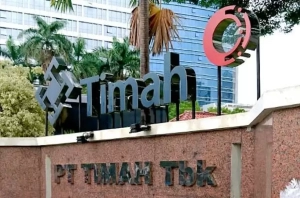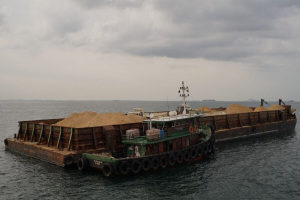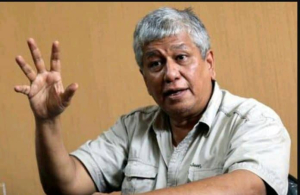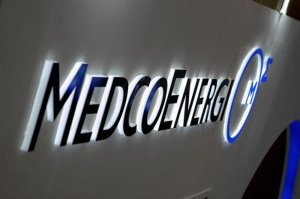CERI questions government’s oil import policy
The Center of Energy and Resources Indonesia (CERI) has questioned the government’s policy of importing a large amount of oil, far exceeding domestic production, calling the condition as worrying for national energy security.
"Our national oil production is only 586 (thousand barrels per day). We import 840 (thousand barrels per day). So the deficit is high," CERI Executive director, Yusri Usman, said while quoting Minister of Energy and Mineral Resources Arifin Tasrif as saying on Wednesday, April 24, 2024.
He questioned the government’s “1 Million Barrels Per Day Production Program” which is the promise of the Minister of Energy and Mineral Resources and the Head of the Upstream Oil and Gas Regulatory Task Force (SKK Migas) .
"What is certain is that Pertamina will import 1 million barrels per day for domestic needs, including for the Trans Pacific Petrochemical Indotama (TPPI) refinery," Yusri said.
It is reported that due to Indonesia's crude oil production falling continuously since 2004, as an oil importer country in 2023, the country’s national oil production is only 586 barrels/day. That is the share of KKKS outside the state and Pertamina, while not all of the country’s national oil production can be supplied to the Pertamina Refinery based on the type and location.
"Then due to the geopolitical situation, especially the Middle East, which is again volatile, the price of crude oil will rise, around 100 USD per barrel. The exchange rate of the rupiah to the USD is said to be IDR 16,300 per dollar," Yusri said.
He quoted the latest information that national production is only 586 thousand bbl per day. Meanwhile, Pertamina's refinery capacity is 1,100 thousand bbl per day (after Balikpapan refinery operates).
"Crude imports is 1,100-576 = 524 thousand bbl per day. Fuel production = 850 thousand bbl per day, while consumption is 1,400 thousand. Meanwhile, fuel imports are 550 thousand bbl per day, so total imports are 550+524 = 1,074 thousand bbl. More or less," he said.
It is reported that the closest source of fuel is Singapore, with a little from Malaysia and a lot from the Middle East.
Admittedly, the main components of the fuel price used as Pertamina's benchmark are the price and exchange rate of the rupiah against the USD, in accordance with Presidential Regulation No. 191/2014 signed by President Joko Widodo.
"As a result, the price of fuel will soar far from the average person's ability if it is not subsidized by the government. The question is whether the government is able to subsidize it, where would the money come from?" Yusri said.
Tag
Already have an account? Sign In
-
Start reading
Freemium
-
Monthly Subscription
30% OFF$26.03
$37.19/MonthCancel anytime
This offer is open to all new subscribers!
Subscribe now -
Yearly Subscription
33% OFF$228.13
$340.5/YearCancel anytime
This offer is open to all new subscribers!
Subscribe now






